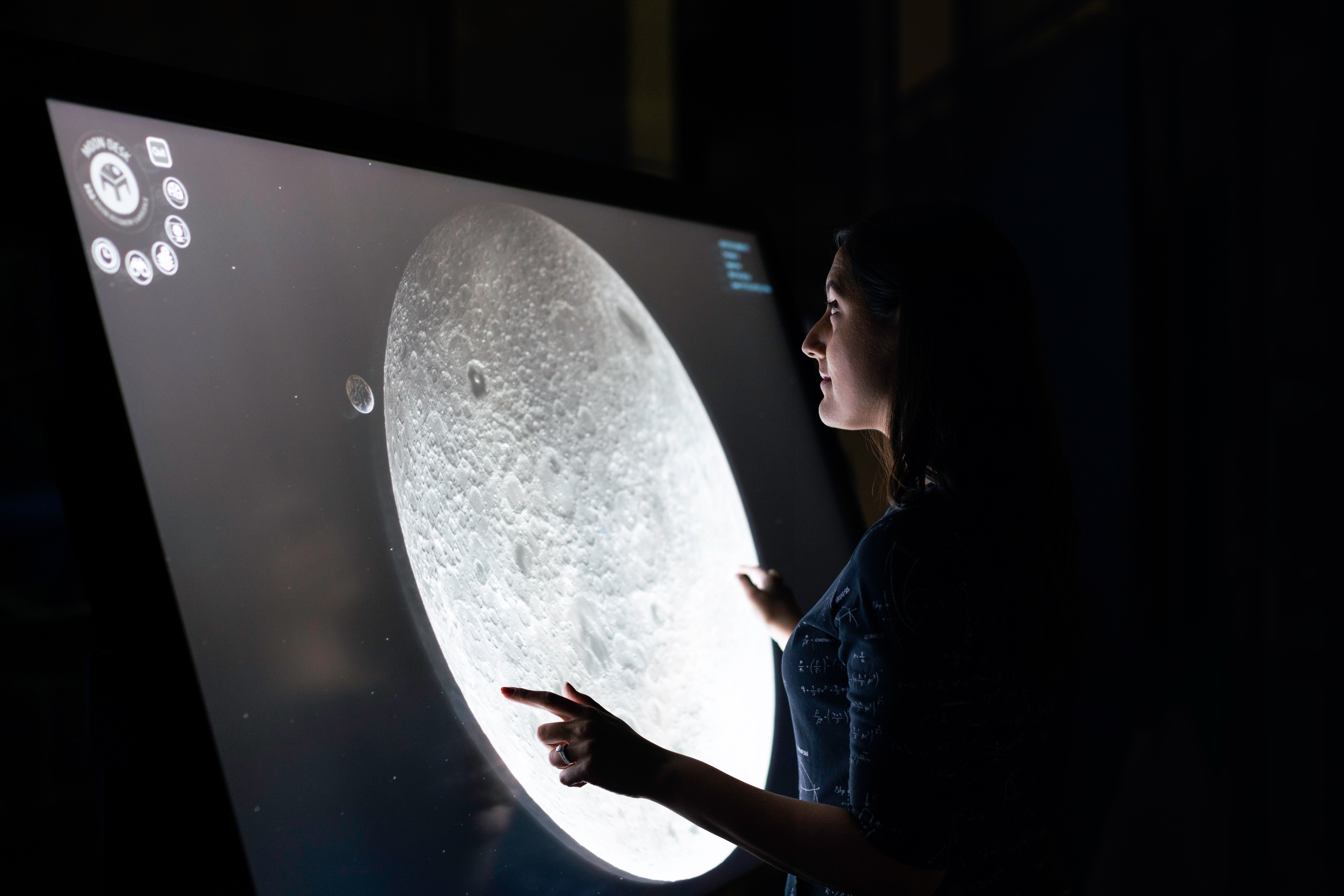 A new report from studies conducted by Harvard Business Review provide entrepreneurs and mobile app developers with unique insights into the value propositions that consumers are likely to act on when it comes to IoT devices.
A new report from studies conducted by Harvard Business Review provide entrepreneurs and mobile app developers with unique insights into the value propositions that consumers are likely to act on when it comes to IoT devices.
Data from the study shows that consumers are more likely to use and seek out IoT devices that fall into one of four categories: devices that extend security, quantify the self, optimize machines, or enhance daily experiences.
The results are particularly interesting from a mobile app developer’s perspective since responses show that consumers prefer devices that are not actively controlled. Rather, the preference shown was for IoT devices that are “secretly” connected, predicting the needs and desires of users and providing them without any screen time. While users look to screen-based apps like iPhone and iPad apps for entertainment and assistance, the use case for IoT devices is often convenience and relaxation.
Security was by far the largest positive category, which makes sense since people like to feel safe and traditional security systems are complex, mysterious, and prone to failure. IoT solutions like Presence, on the other hand, offer a chance to take security into the user’s own hands. (Security is a system that turns old smartphones into security cameras, allowing you to hijack their camera feature and route information back to a central laptop or tablet.)
Self quantification has been trending among mobile app developers in tech for years, and for good reason: health is knowledge, and being able to track critical data like your heart rate and sleep cycles doesn’t just satisfy curiosity; it can act as a preventative measure against disease.
Optimized machines and enhanced experience systems, meanwhile, are pretty much what most consumers think of when they hear the term “Internet of Things.” Self-regulating heating systems, coffee makers, lamps, and etc. are the bread and butter of encouraging consumer adaption of IoT devices. The study demonstrates to the London mobile app developer community that in spite of the obvious use of devices like this, they surprisingly came in third place behind security and self-tracking for consumer enthusiasm.





